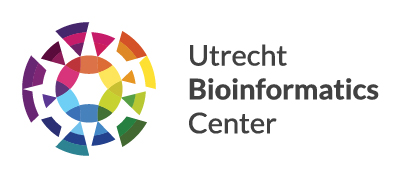This year, we celebrate the 20th birthday of the human genome sequence published in Nature and Science in February 2001. While the history of bioinformatics goes back much further, the technical breakthrough to sequence entire genomes, culminating in the (draft) human genome sequence was a watershed development in the field.
Beyond transforming human genetics into human genomics (HAPMAP, SNP-arrays) the availability of reference genomes in general, and in particular that of human allowed the emergence of many new subfields of omics: transcriptomics, epigenomics, proteomics, metabolomics, and comparative genomics. These new fields of omics in turn created their own new subfields of bioinformatics and in general presented us with a drastically increased range of possibilities and needs for computational biology that is hard to overstate. It could be argued that the sequencing of (human) genome turned bioinformatics from a speciality mostly concerned with the complicated relationship between (protein) sequence, structure and function, into an ever expanding discipline transforming virtually all domains of life sciences.
As Utrecht Bioinformatics Center, we are deeply committed to continuing this. Bringing together top-notch research questions and computational advancements. And keep on pushing life science research that exploits the wealth of information generated by these and ever more omic technologies. This is why the UBC represents a community of scientists who focus on using data and developing novel means to analyze it. Although, often in a collaborative fashion based on the domain of life science research it is in these applications, where we have our added value.
We would like to draw your attention to the challenges that will face us in the future. As we are not only committed to awesome science, but also want to make an impact for the benefit of society. Therefore, we will need to use these technologies to advance science, and need to address them in a socially responsible way.
UBC is always interested in opportunities to share these societal, ethical, legal issues and interact in it with businesses to maximize the impact of our research. Please, contact us for any suggestions or interest to learn more about the opportunities to collaborate.
On behalf of the UBC Executive Board,
Berend Snel & Patrick Kemmeren

